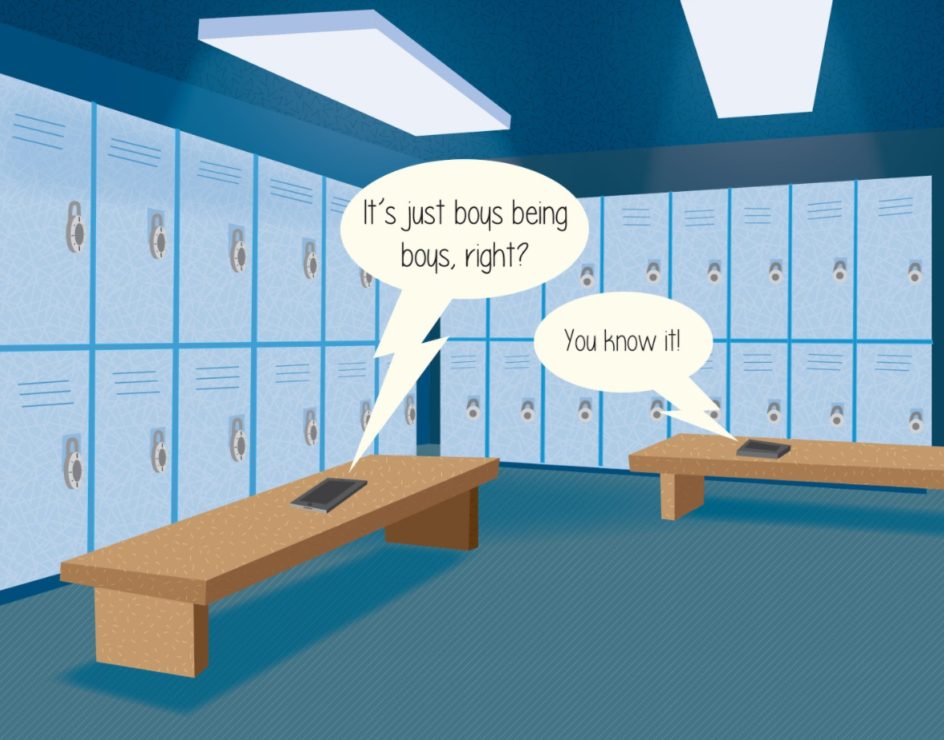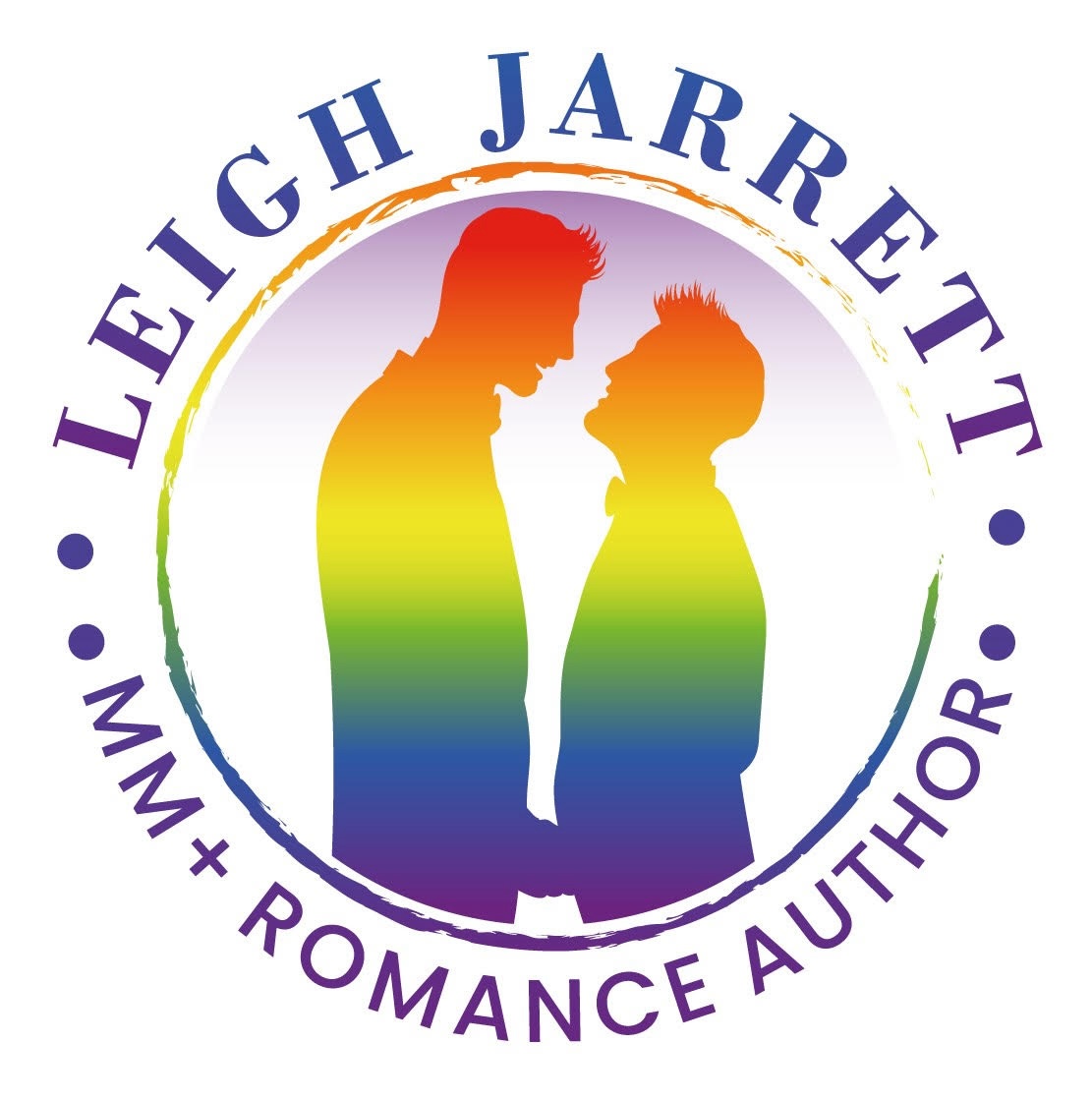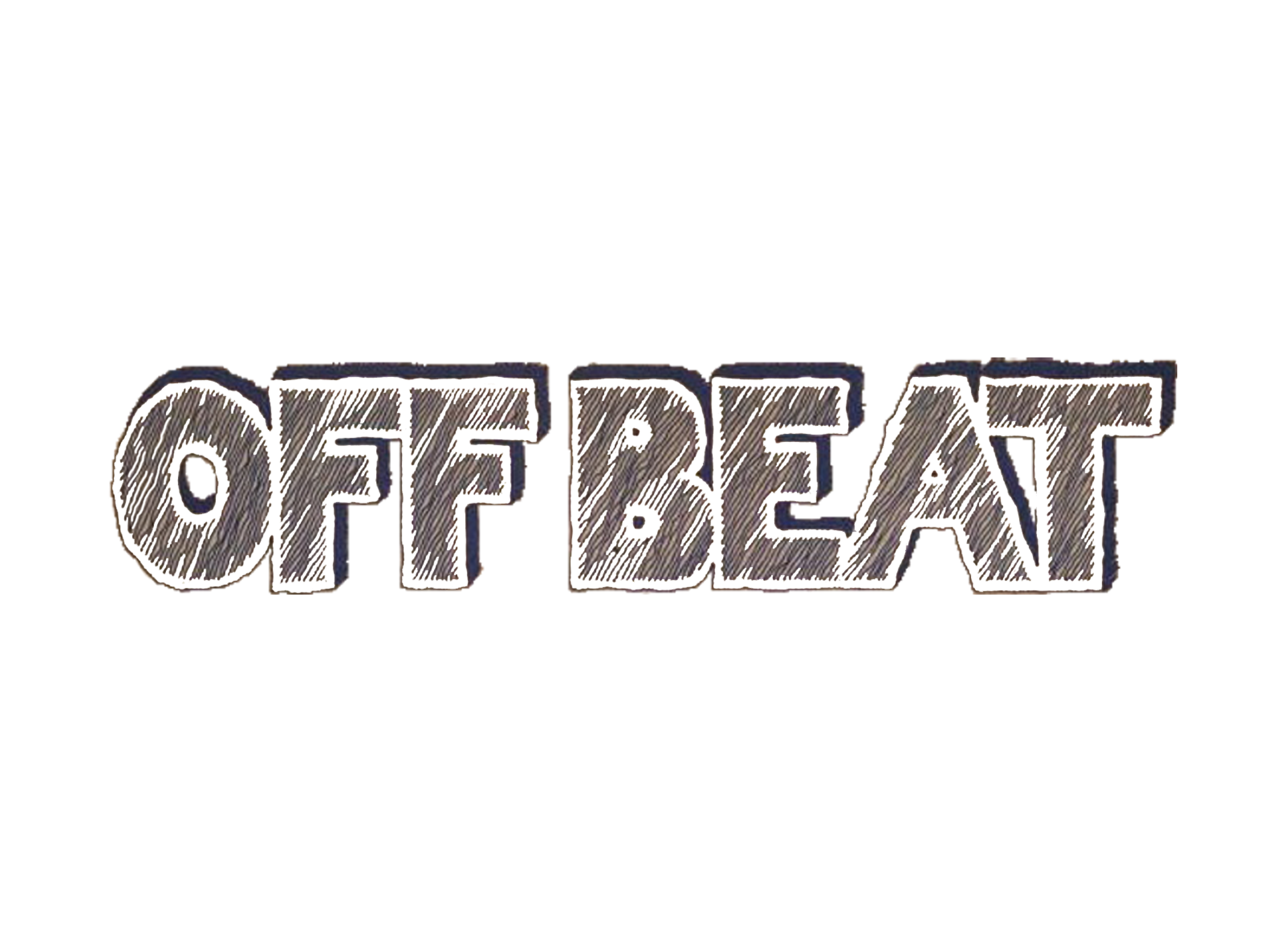NHLer’s misogynistic comments show hockey, and sports culture, needs to change

Unless you’re a diehard hockey fan, you probably had never heard of Brendan Leipsic until last month.
He was a journeyman NHL player who bounced around the league, playing for five teams in four seasons and entered the public eye in the middle of a global pandemic through leaked screenshots that showed him making misogynistic comments in an Instagram group chat.
The CBC reported that the messages were leaked after one of Leipsic’s friends, who also participated in the group chat, had his Instagram account hacked.
In the messages, Leipsic, who played in 61 of 69 games with the Washington Capitals before the NHL season was suspended in March, was fat-shaming a former teammate’s wife, calling women pigs, and bragging about his own sexual experiences, among other topics. The group chat also featured his brother Jeremy Leipsic and Florida Panthers prospect Jack Rodewald.
The NHL quickly called the comments “inexcusable” and “reprehensible,” while the Capitals released the forward two days after the screenshots were published online.
Despite the swift action, I can’t help but wonder what would have happened if Leipsic’s buddy’s account wasn’t hacked. He would still be an active member on a prominent NHL team, making close to a million dollars, and potentially still be spewing gross messages in a group chat with other twenty-somethings without thinking twice about his actions.
If a pro athlete, with their thousands of followers, is caught saying ‘that’s gay’ on the ice or on a personal Twitch stream, it’s easy for young fans to look up to them and believe those actions are acceptable.
The derogatory comments came during a season where the NHL had been making progress on equality and highlighting some of the league’s most passionate hockey families.
The first-ever NHL game was broadcasted and produced entirely by women. Going forward, the league announced plans to look into starting an annual sensitivity training program, and the NHL started a “Hockey at Home” digital series during the COVID-19 pandemic detailing the families behind the NHL’s most famous brother combos.
While it’s sad to cheer for someone to be released and wonder whether they will ever play a game at the same professional level they spent their whole life working towards, Leipsic crossed a line with his comments — and he hasn’t been the only athlete to do so in recent years.
Boston Bruins forward David Pastrnak was caught using a homophobic slur as an insult on a Twitch live stream at the beginning of May. Riley Cooper, a wide receiver for the Philadelphia Eagles, received widespread condemnation for his use of a racial slur at a concert during the NFL offseason in 2013.
I understand everyone has a right to privacy, especially in an era where our whole lives are practically online. However, there’s a stark difference between using social media to remain in touch with friends scattered across the globe and using it to bash former and current teammates and their wives, or using homophobic and racial slurs.
As someone who grew up playing sports, I remember looking up to a lot of the professional hockey, basketball, and football players I saw on television and considering them to be my heroes. Although some may not recognize it, professional athletes represent hope and inspiration for youth across the world.
If a pro athlete, with their thousands of followers, is caught saying ‘that’s gay’ on the ice or on a personal Twitch stream, it’s easy for young fans to look up to them and believe those actions are acceptable.
For this to change, hockey, and sports culture at large, needs to fundamentally change.
There are positive steps being taken at the youth level in Canada. Hockey Canada has a “Speak Out!” campaign to educate youth players about bullying and harassment, and two months ago it was announced that all Sport Canada-funded clubs have to go through a Safe Sport Training module.
Despite these measures, professional athletes need to understand their role in shaping the perceptions of youth across the world. They live in the public eye and many of their actions will be broadcasted and potentially replicated by children at an impressionable age.
Although the NHL said they would start looking into an annual sensitivity training model in December, there needs to be an effort made between commissioners of all the major sports leagues, from the NHL to the NBA to the NFL, to establish streamlined sensitivity training models — covering everything from bullying, diversity, and the consequences of their actions.
Instead of forcing athletes to undergo mandatory sensitivity training after they are caught saying something during a game — like the Chicago Blackhawks’ Andrew Shaw in 2016 or Milwaukee Brewers’ Josh Hader in 2018 — there should be a “model” that athletes need to complete prior to each season.
It shouldn’t take anger from the public, after messages were released online or caught on tape, for someone to realize their comments are offside.






